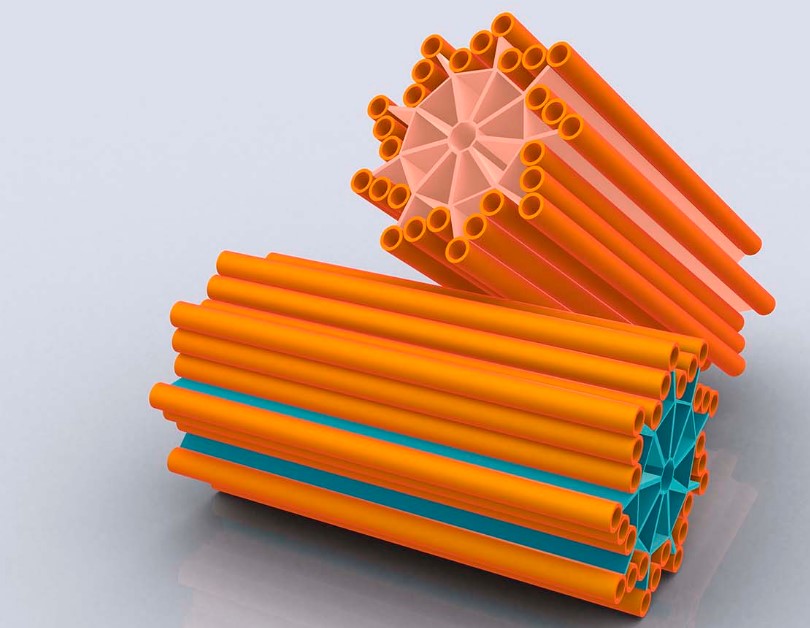The building blocks of centrosomes are microscopic cylinders (microtubules). The centriole consists of nine microtubule triplets arranged in the shape of a cylinder, with each centrosome containing two centrioles. As cells divide, centrioles are thought to contribute to the completion of cytokinesis by organizing the spindle fibers in the mitotic spindle apparatus.
If the centrosome is removed, a cell can still divide, but mitosis takes longer and chromosome division is more error-prone. Furthermore, plant cells lack centrioles and centrosomes, but they are still capable of dividing. Based on this information, scientists believe centrioles evolved to make cell division faster and less error-prone.

